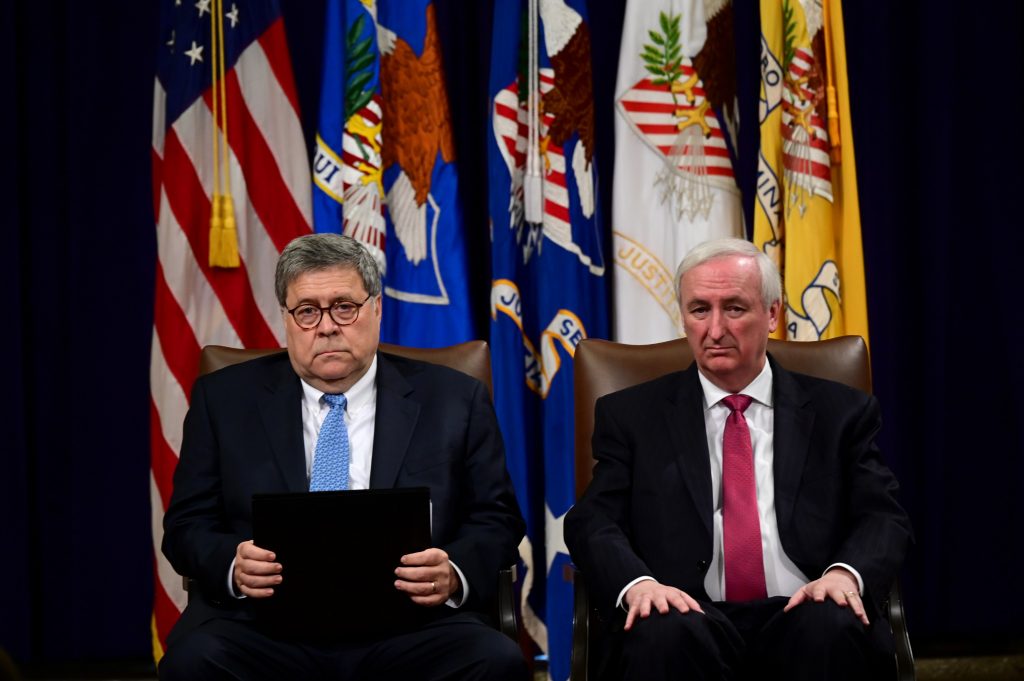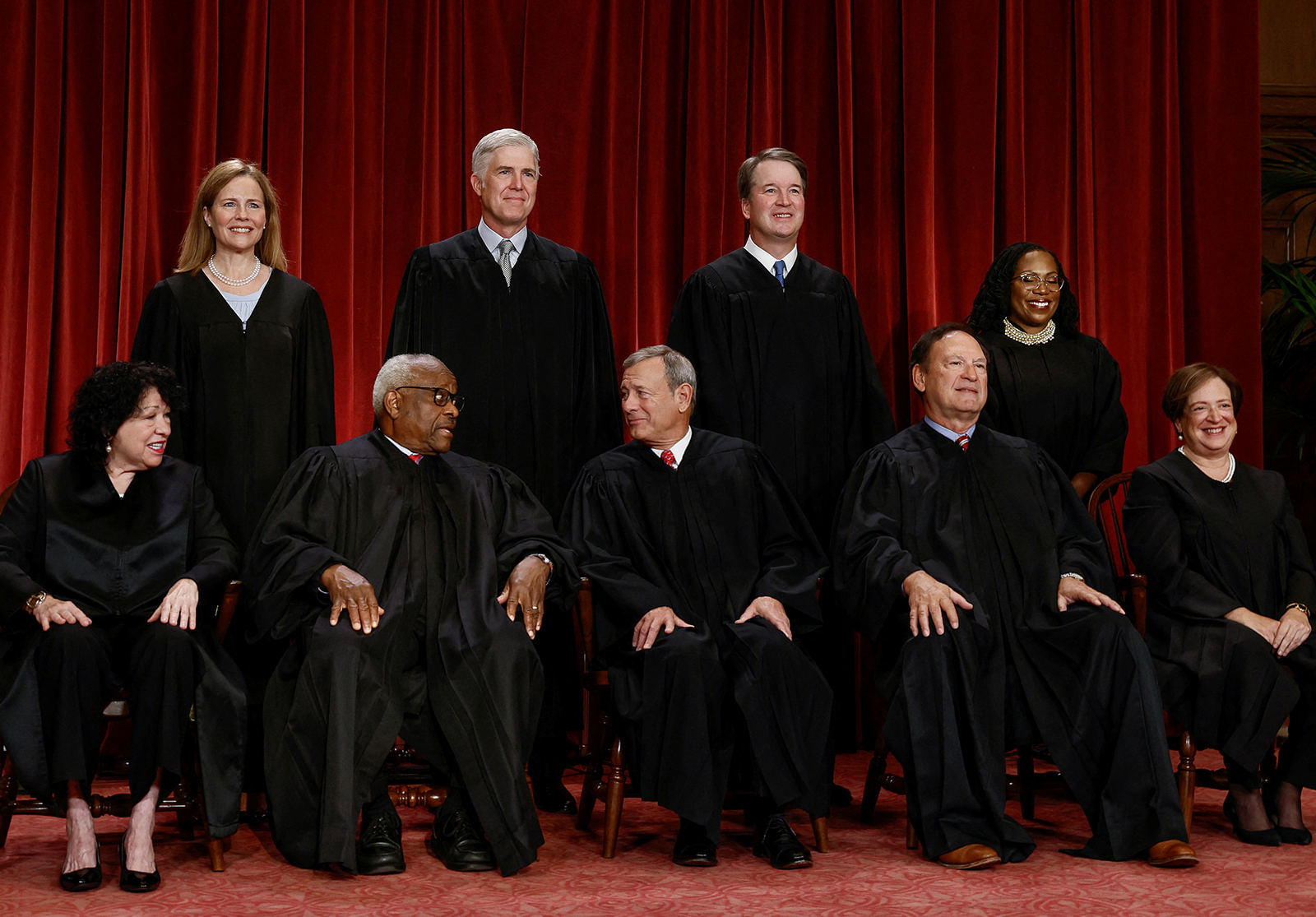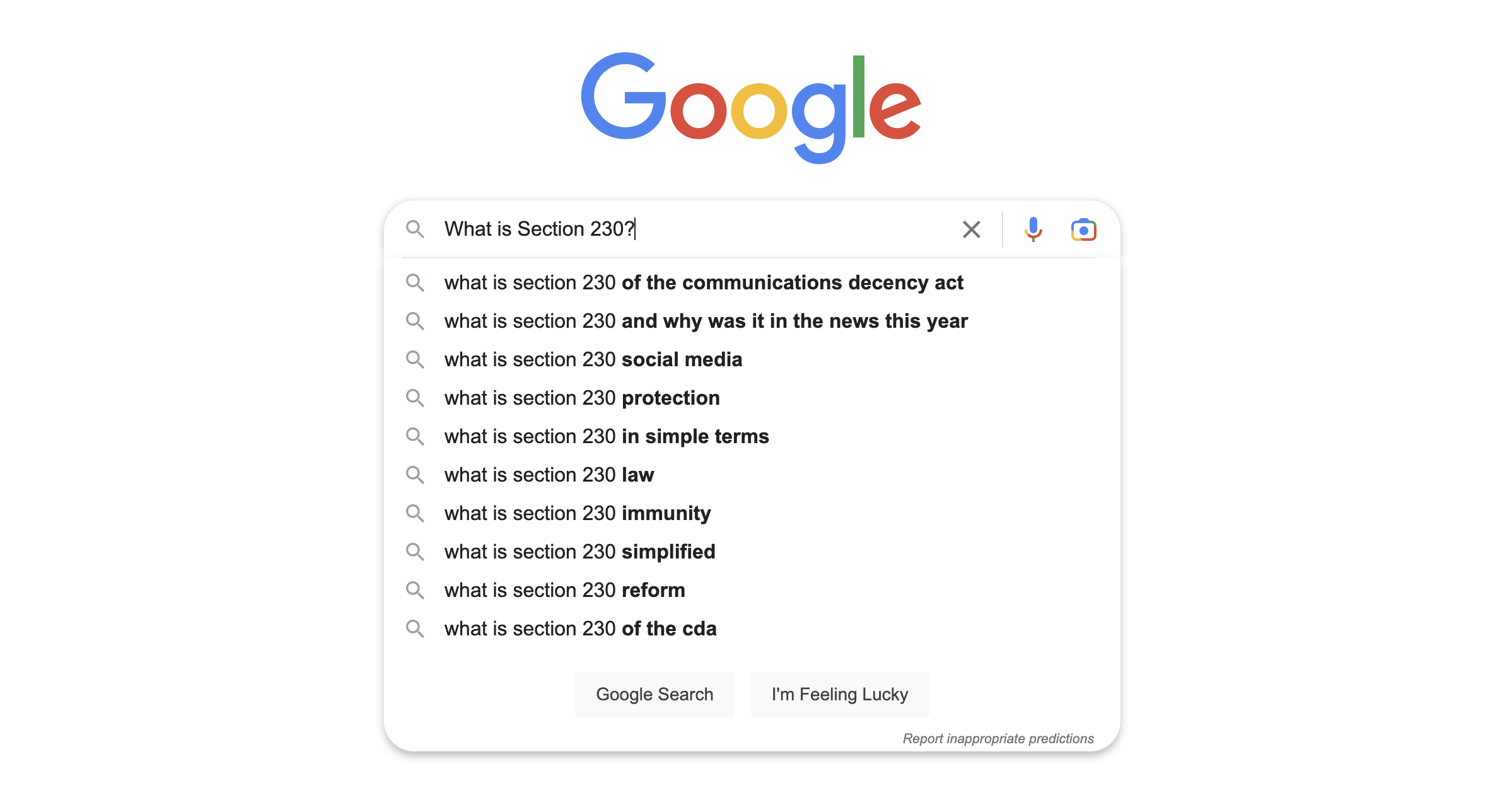The Deputy Attorney General for the U.S. Department of Justice (DOJ) said in a policy conference on March 10th that the agency was looking into a number of potential changes to Section 230 of the Communications Decency Act.
“After 25 years, it seems that the time has come for Congress to assess what changes to Section 230 are now needed and whether there are ways to realign some of its incentives in a better way,” Deputy Attorney General Jeffrey Rosen said.
Often referred to as “the law that made the Internet,” Section 230 ensures that Internet companies are not held liable for the content of posts shared by users on their platform. Given the sheer number of posts shared on a daily basis, lawmakers at the time reasoned that it was not only unfeasible for companies to regulate every single post, but also that the fear of liability could result in collateral censorship.
A transcript of the official’s speech was published on the DOJ’s website. There, Rosen delineated “four areas that are potentially ripe for engagement,” namely (1) requiring websites that “purposefully enable illegality and harm to children” defend and justify the reasonableness of their conduct, (2) narrowing the circumstances where Section 230 can be used as a defense against the federal government in civil actions, (3) narrowing the scope of Section 230’s applicability to cases that are not speech-related, and (4) withholding Section 230 immunity in cases when a website is shown to censor content that is not “obscene, lewd, lascivious, filthy, excessively violent, or harassing.”
This is not the first time a high-level DOJ official has spoken publicly about modifications to Section 230. On December 10, 2019, Attorney General William Barr said in an address to the National Association of Attorneys General that the department was looking into the law due to concerns that tech companies have abused the broad immunity provided by Section 230.
“Granting broad immunity to platforms that take no efforts to mitigate unlawful behavior” or “that purposefully blind themselves – and law enforcers – to illegal conduct occurring on, or facilitated by, the online spaces they create” goes against the original purpose of Section 230, Barr stated.
Barr also held a day-long summit in February titled “Section 230: Nurturing Innovation or Fostering Unaccountability?”.
Other government officials, both Democrats and Republicans, have called for tech companies to be held accountable for speech on their platforms, albeit for different reasons. Whereas politicians like Senator Elizabeth Warren (D-MA) tend to worry about the spread of disinformation, others like Republican Congressman Josh Hawley (R-MO) are more concerned about conservative censorship.
Mike Masnick, a technology blogger for TechDirt, sharply criticized the DOJ’s most recent proposals, arguing that the federal agency appears to be claiming that there are loopholes in the law that don’t actually exist.
“[T]he DOJ has failed to prosecute many of those situations in which that [sic] violated federal laws. That’s not on 230, that’s on the DOJ. It also leaves out that 230 is what allows platforms to put in place programs to protect children, remove terrorist activity, and block extreme online harassment,” Masnick wrote.
Tech advocates have also warned that without a clear federal safeguard, Internet platforms would be forced to navigate multiple different state standards.
“Website operators could be charged under any state or local law, you’d have a crazy-quilt of inconsistent state laws. Every state and locality in America could regulate the entire Internet,” cautioned Senior Fellow Berin Szoka, Director of Civil Liberties Ashken Kazaryan, and Collaborator Jess Miers at TechFreedom, a public interest tech policy think tank, in a post on TechDirt.
TechDirt DOJ Transcript JD Supra
Tags




